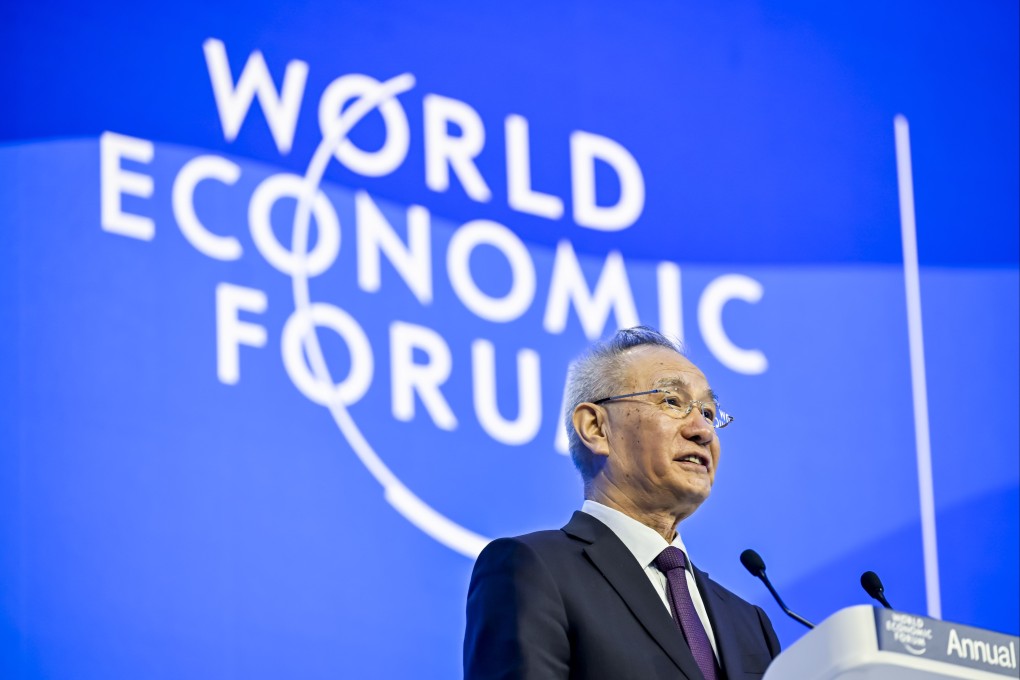Advertisement
Outside In | Surge of Davos optimism hard to embrace when political and economic woes still plague the world
- While speakers at the latest World Economic Forum meeting detailed the world’s long list of problems, a strain of optimism still emerged
- However, given the war in Ukraine, geopolitical tensions, the possibility of recession and more, it’s clear that more hard times lie ahead
Reading Time:3 minutes
Why you can trust SCMP
6

A week before this week’s World Economic Forum meeting in Davos, Switzerland, gloom gripped the world’s leading economists and institutions. The theme, “Cooperation in a Fragmented World”, felt like a grim plea.
United Nations Secretary-General Antonio Guterres said the world was in a “sorry state” because of a range of interlinked challenges. These include inequality, inflation, recession, Russia’s invasion of Ukraine, an energy price crisis, the Covid-19 pandemic, supply chain disruptions, the climate crisis and US-China relations.
These were “piling up like cars in a chain-reaction crash”, Guterres said, noting that the widest levels of geopolitical division and mistrust in generations are undermining efforts to tackle global problems.
Advertisement
At the start of the year, the International Monetary Fund (IMF) predicted a tougher 2023, with managing director Kristalina Georgieva saying the cost of trade fragmentation could strip between 0.2 per cent and 7 per cent of global output. A World Economic Forum survey of economists revealed that two-thirds predict recession for the year ahead.
But by Tuesday this week, IMF deputy managing director Gita Gopinath was reflecting a resurgence of optimism. While not making light of challenges in the year ahead, she said the IMF expects improvement in the second half of 2023. Daniel Pinto, head of JPMorgan’s investment bank, was more upbeat: “Considering all of the things that have happened, the world is a lot better than you would have expected.”
Advertisement
Why the shift? Apart from the optimistic narrative that typically comes from the global corporate elite that gathers every winter in Davos, help came from hints that US inflation was abating, oil and gas prices have fallen and recession might not be as severe as feared.
Advertisement
Select Voice
Select Speed
1.00x
